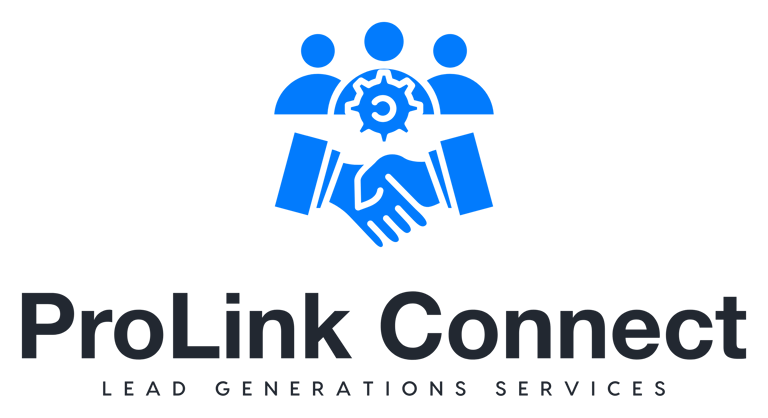"Distinguishing Appointment Generation from Demand Generation in Sales and Marketing"
Unlock the secrets behind effective sales and marketing strategies with our latest blog post! 🚀 Delve into the nuances of Appointment Generation and Demand Generation, and discover how they play distinctive roles in driving business success. Whether you're a seasoned entrepreneur or a budding marketer, understanding these concepts is crucial for crafting targeted campaigns and maximizing your ROI. Dive in now to elevate your sales game! #SalesStrategy #MarketingTips #BusinessSuccess
5/15/20242 min read


Understanding the Difference Between Appointment Generation and Demand Generation
In the world of sales and marketing, two terms that often come up are "appointment generation" and "demand generation." While they might sound similar, they serve distinct purposes in the sales process. Understanding these differences is crucial for businesses to effectively strategize and allocate resources. Let's delve into each concept to grasp their significance.
Understanding the Difference between Appointment Generation and Demand Generation
In the world of sales and marketing, two terms that often come up are "Appointment Generation" and "Demand Generation." While they might sound similar, they serve distinct purposes in the sales process. Understanding these differences is crucial for businesses to effectively strategize and allocate resources. Let's delve into each concept to grasp their significance.
Appointment Generation:
Appointment generation revolves around the process of setting up meetings or appointments between sales representatives and potential clients or leads. The primary objective here is to schedule face-to-face interactions, phone calls, or virtual meetings to discuss products or services in detail.
Key Characteristics of Appointment Generation:
Targeted Outreach: Appointment generation involves targeted outreach to specific individuals or organizations who have shown interest or fit the ideal customer profile.
Personalized Communication: Successful appointment generation relies on personalized communication tailored to the needs and interests of the prospect. This often involves understanding the prospect's pain points and offering solutions.
Direct Interaction: The ultimate goal of appointment generation is to facilitate direct interaction between the sales representative and the prospect. This interaction allows for building rapport, addressing concerns, and ultimately, closing deals.
Conversion Focus: The primary metric for appointment generation is the conversion rate of appointments set to actual sales or further stages in the sales funnel.
Demand Generation:
Demand generation, on the other hand, is a broader approach aimed at creating awareness and interest in a company's products or services. Unlike appointment generation, which focuses on immediate interactions, demand generation is more about nurturing leads and building brand recognition over time.
Key Characteristics of Demand Generation:
Content-Centric: Demand generation heavily relies on content marketing strategies to attract and engage potential customers. This includes blogs, social media posts, whitepapers, webinars, and more.
Multi-channel Approach: Demand generation utilizes various channels such as social media, email marketing, search engine optimization (SEO), and advertising to reach a wider audience and generate interest.
Lead Nurturing: Rather than focusing solely on immediate sales, demand generation involves nurturing leads at different stages of the buying journey. This nurturing process aims to build trust and credibility, eventually leading to conversions.
Brand Awareness: A key objective of demand generation is to increase brand awareness and establish the company as a thought leader in its industry. This lays the foundation for long-term relationships with customers.
Key Differences:
Focus: Appointment generation is more focused on immediate sales conversations and conversions, while demand generation takes a broader approach to create awareness and interest over time.
Timing: Appointment generation is often associated with short-term results, whereas demand generation is a long-term strategy that involves nurturing leads through various touchpoints.
Interaction: Appointment generation emphasizes direct interactions between sales representatives and prospects, while demand generation relies on indirect interactions through content and marketing channels.
In conclusion, while both appointment generation and demand generation are essential components of a comprehensive sales and marketing strategy, they serve different purposes and require distinct approaches. By understanding these differences, businesses can better tailor their efforts to effectively engage with potential customers and drive revenue growth.
